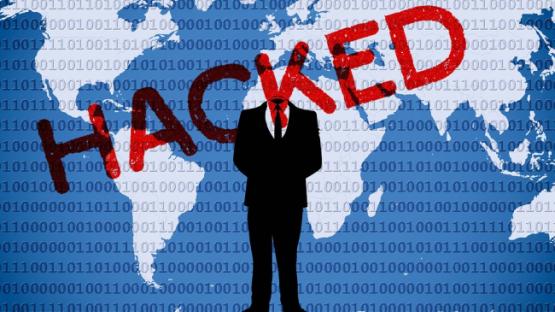Surveillance Company Hacking Team Exposed

A 400 gigabyte trove of internal documents belonging to surveillance company Hacking Team has been released online. Hacking team sells intrusive hacking tools that have allegedly been used by some of the most repressive regimes in the world.
The documents reportedly confirm Hacking Team has customers in 35 countries, including some that routinely abuse human rights. These documents seemingly validate research conducted by Citizen Lab, at the University of Toronto’s Munk School of Global Affairs, into the global proliferation of Hacking Team's DaVinci malware.
The listed customers include:
Egypt, Ethiopia, Morocco, Nigeria, Sudan, Chile, Colombia, Ecuador, Honduras, Mexico, Panama, the United States, Azerbaijan, Kazakhstan, Malaysia, Mongolia, Singapore, South Korea, Thailand, Uzbekistan, Vietnam, Australia, Cyprus, the Czech Republic, Germany, Hungary, Italy, Luxembourg, Poland, Russia, Spain, Switzerland, Bahrain, Oman, Saudi Arabia, and the UAE.
A full briefing on Hacking Team, written by Privacy International, is available here.
Eric King, Deputy Director of Privacy International said:
In the last few years, Privacy International and other human rights organisations have shone a spotlight on the secretive practice of government hacking. This unchecked area of intelligence collection amounts to some of the most intrusive surveillance any government can conduct. Without public debate, and clear laws authorising its use, government hacking is unlawful.
Hacking Team is one of the most aggressive companies currently supplying governments with hacking tools. Yesterday's leak of materials reportedly shows how Hacking Team assisted some of the world's most repressive regimes - from Bahrain to Uzbekistan, Ethiopia to Sudan - to spy on their citizens.
We know from investigations by Citizen Lab that these tools are used to target human rights activists and pro-democracy supporters at home and abroad. Surveillance companies like Hacking Team have shown they are incapable of responsibly regulating themselves, putting profit over ethics, time after time. Since surveillance companies continue to ignore their role in repression, democratic states must step in to halt their damaging business practices.